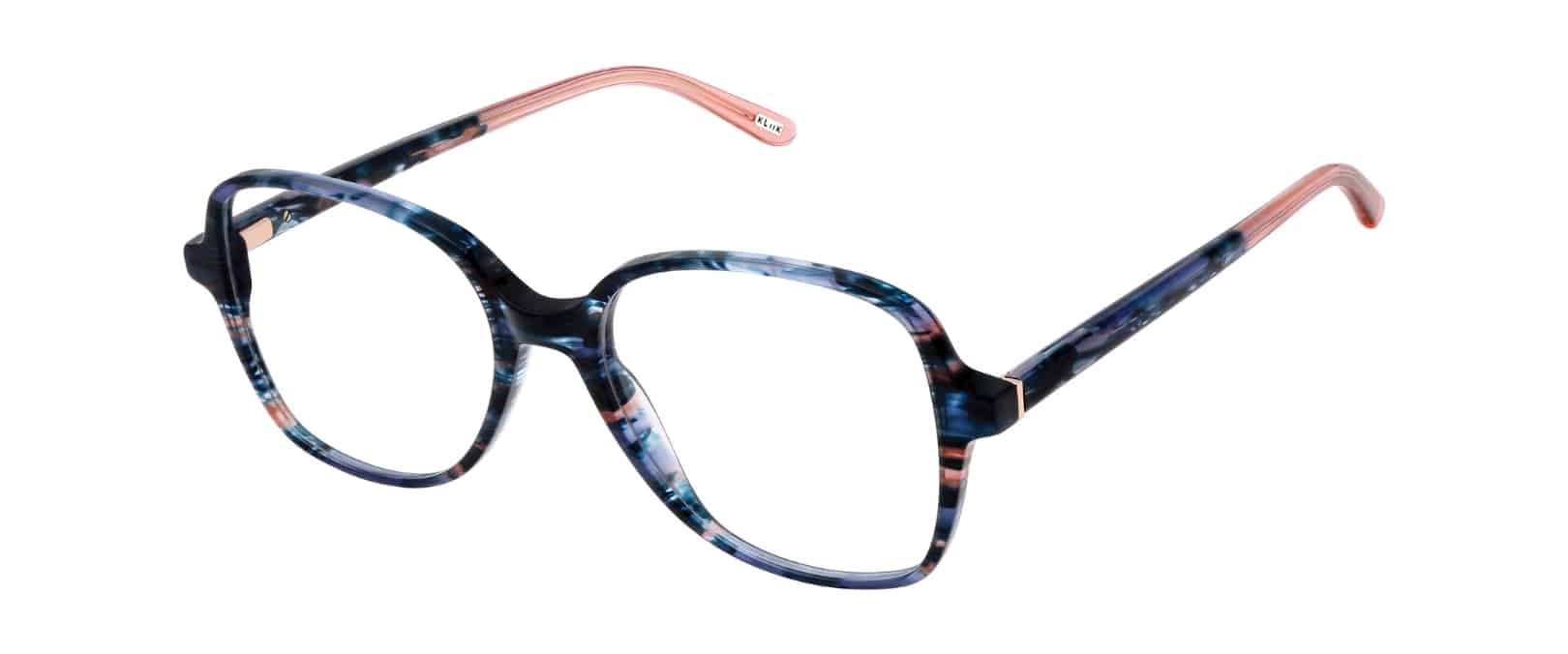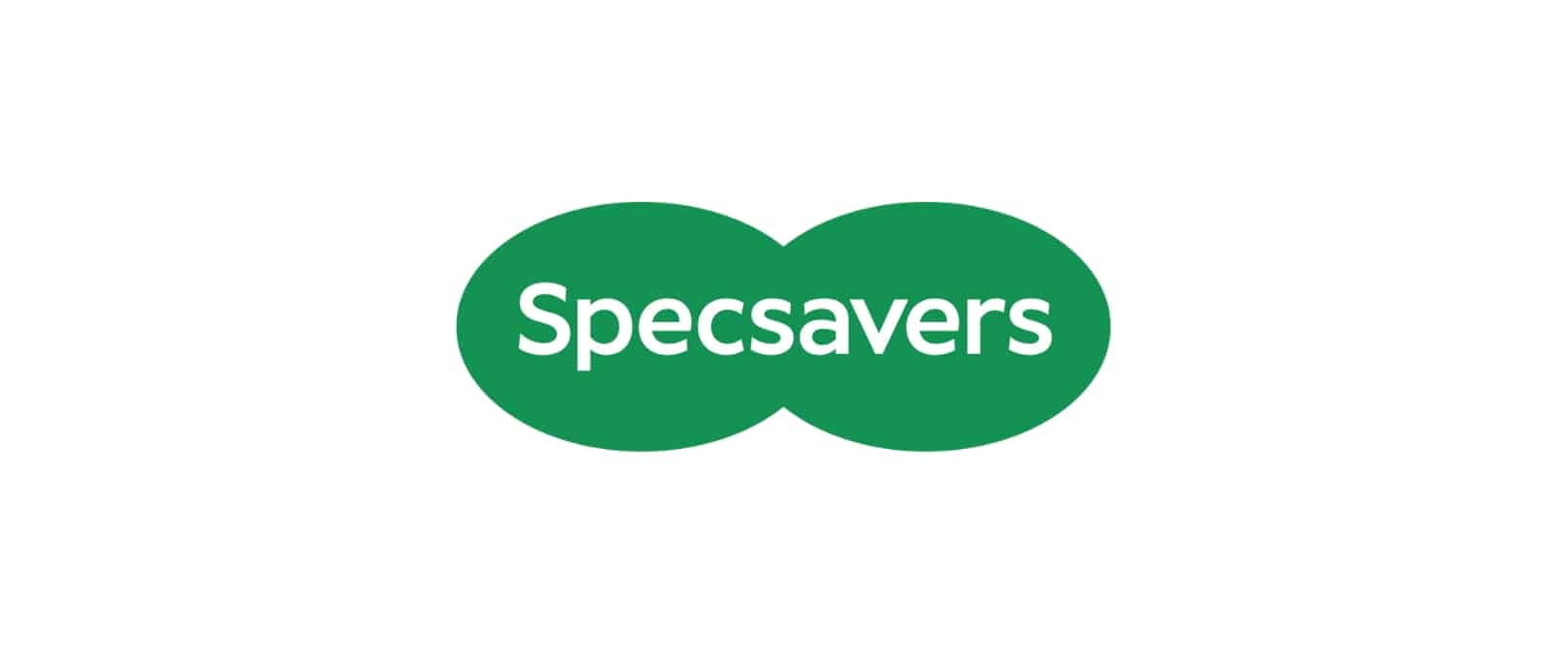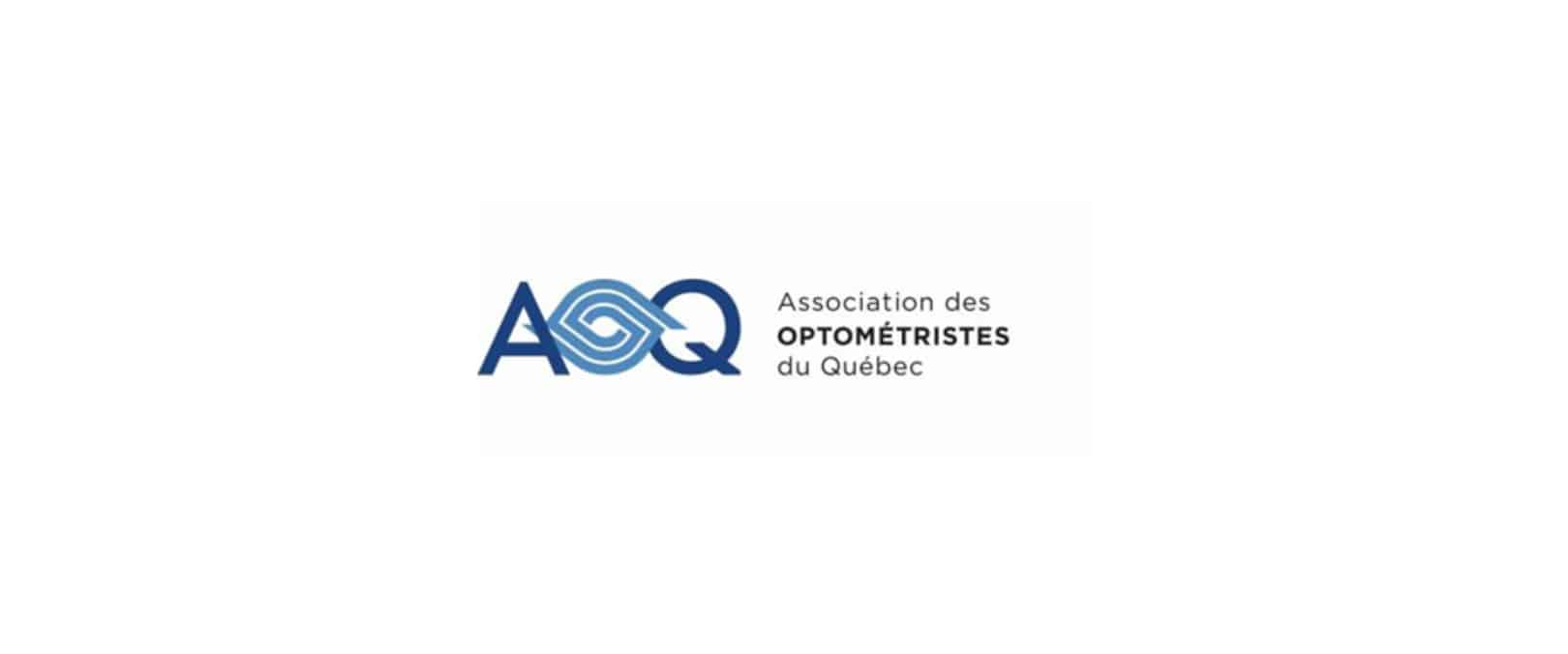AREDS Controversy Goes Public
Thursday, January 7 2016 | 00 h 00 min | News, Vision Science
While the AREDS vitamin-zinc formulation and genetic testing dispute plays out in academic journals and on podiums of various ophthalmological meetings, a recent lay press article may bring new questions from AMD patients to your office. “Primary eye care practitioners need become more aware of the evolving science,” says OD, Dennis Ruskin, past chair of the Ocular Nutrition special interest group within the American Academy of Optometry.
A recent article in the National Post, one of Canada’s leading English national newspapers, provides a synopsis of the ongoing controversy regarding AREDS formulations, laying allegations of conflict of interest and dubious research.
The controversy has a number of Canadian connections; including Arctic DX a small Toronto upstart, the National Eye Institute (NEI), a powerful US research agency headed by Canadian Ophthalmologist Emily Chew, a Canadian Multinational pharmaceutical company, Valent, parent company of Bausch and Lomb, and a University of Toronto biostatistician.
The report alleges that Canadian Ophthalmologist Emily Chew’s boss at the National Eye Institute (NEI), Dr. Frederick Ferris, has benefited to the tune of $1.8 million dollars in patent revenue from Bausch + Lomb, the patent holder of AREDS formulations.
While Dr. Chew denies that the NEI is influenced by the revenue earned, the article also points out that Arctic DX, Canadian innovator of genetic testing kits and the primary provocateur, would benefit immensely from the scientific conclusion that the AREDS formulation is harmful to a portion of AMD patients and that genetic testing is required to guide eye care professionals’ treatment options.
According to the report, University of Toronto biostatistician Rafal Kustra concluded that the raw data in the NEI study actually supported Arctic DX’s contention — 19% of patients had the genotypes that appear to fare worse on the supplement than on placebo. “What’s more, the institute’s article was full of statistical inconsistencies,” said Kustra, who was hired to analyse the work by an unnamed competitor of Bausch and Lomb.
The landmark AREDS study served to build a mega market of vitamin-zinc supplements on the evidence of a 25% reduction in risk of the migration of Dry AMD to Wet AMD. Sources familiar with the Canadian ocular supplement market told VuePoint that the Canadian market is over-developed compared to the US market and represents approximately $50 million in sales at the wholesale level, for branded and private label brand ocular nutrients. This figure does not include single ingredient products like lutein, zinc compounds and other nutrients that might be consumed for vision wellness and/or AMD.
View the original article in the National Post: http://news.nationalpost.com/news/canada/canadian-firm-and-u-s-research-agency-in-heated-battle-over-safety-of-anti-blindness-pill







